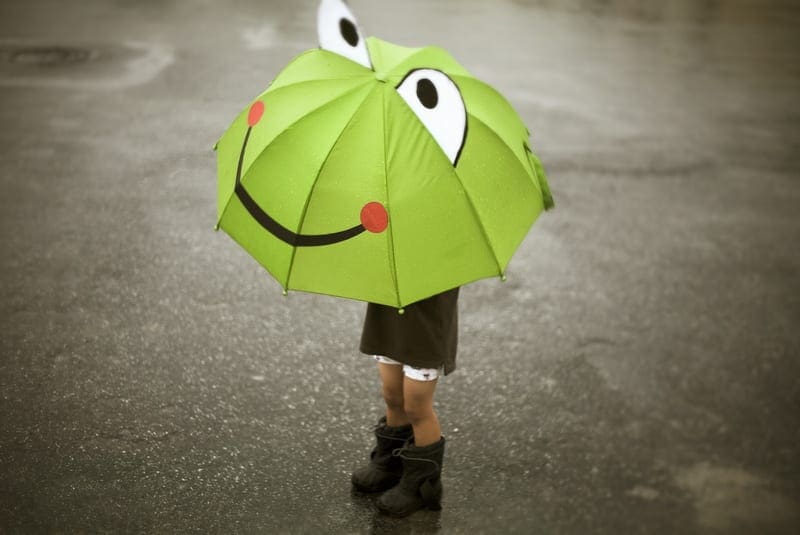Although black mold is harmful to anyone’s health, it can pose major problems for you and your baby during pregnancy. The growth of mold is dangerous for both humans and animals during pregnancy. Some researchers have proved the dangers of toxic mold on animals during pregnancy.
When you are pregnant, it is important to be aware of the dangers of mold. Mold can lead to birth defects or miscarriage in some cases, as it is harmful for the fetus as well as for the mother-to-be. The exposure of black mold can be a contributing factor to developing asthma in your child because it attacks the respiratory system. Some health effects associated with mold are: coughing, wheezing, hay fever-like symptoms, asthma, headaches, nausea and skin irritation. If you are pregnant and concerned about mold, be sure to talk to your doctor.
Toxic mold is a serious problem that can cause the development of sudden infant death syndrome. Many cases of sudden infant death syndrome are the result of exposure of your child to mold in the womb as well as after birth. If you suspect that your child has been exposed to mold, it is important to get them to a doctor as soon as possible.
Black mold is a dangerous toxin that can cause birth defects in your child, like paralysis. Children who are exposed to mold are more likely to have developmental problems. If you are exposed to black mold during pregnancy, it can hinder the growth of the fetus and cause developmental problems.
Most miscarriages happen in the first trimester, before the 12th week of pregnancy. After that, the risk of miscarrying goes down. However, you may be at a higher risk of miscarrying if you’re living in a place with black mold growth, as the fetus may be expelled from the womb prematurely. Exposure to black mold during pregnancy can cause complications for both you and the fetus, including abdominal pain, nosebleeds, and other potential issues for the baby.
When you are pregnant, it is important to be aware of the potential health risks of exposure to toxic mold. If you suspect that mold is growing in your home, you should call a professional who can test and confirm the presence of mold, and take steps to remove the mold from your home. Exposure to mold can cause a variety of adverse health effects, including respiratory problems, allergic reactions, and infections. In some cases, exposure to toxic mold can even lead to miscarriage or birth defects. By taking steps to avoid exposure to mold, you can help protect yourself and your baby from these potentially harmful effects.
Mold is a serious problem, especially if you are pregnant. The only way to get rid of mold is to remove them for good to live a healthy life. Although you can remove the mold from your home yourself, it would be better to consult the experts who can do it safely and effectively.











